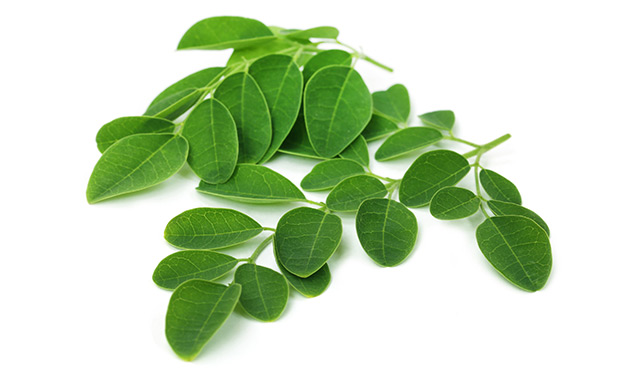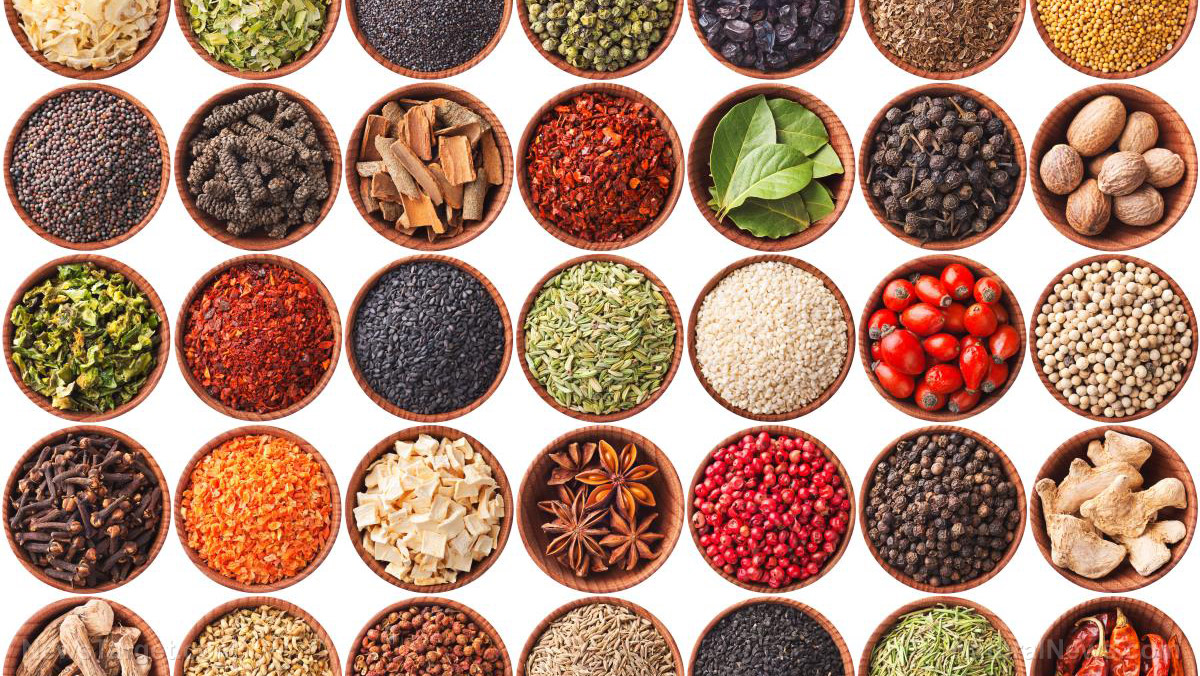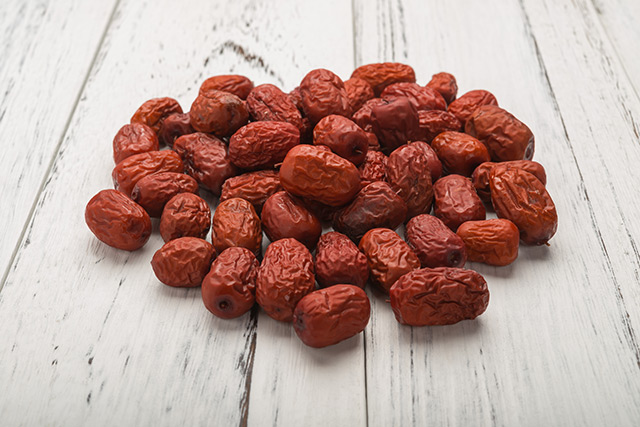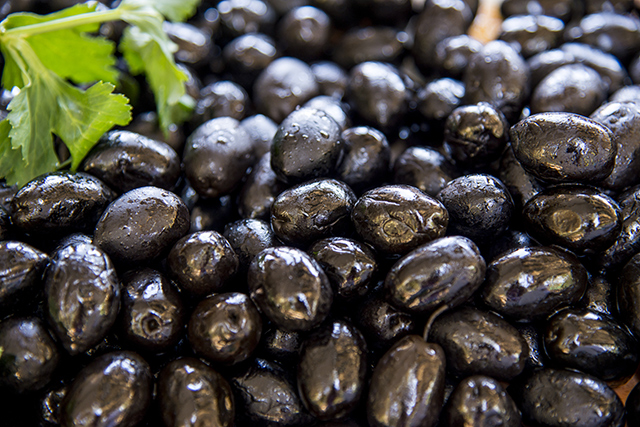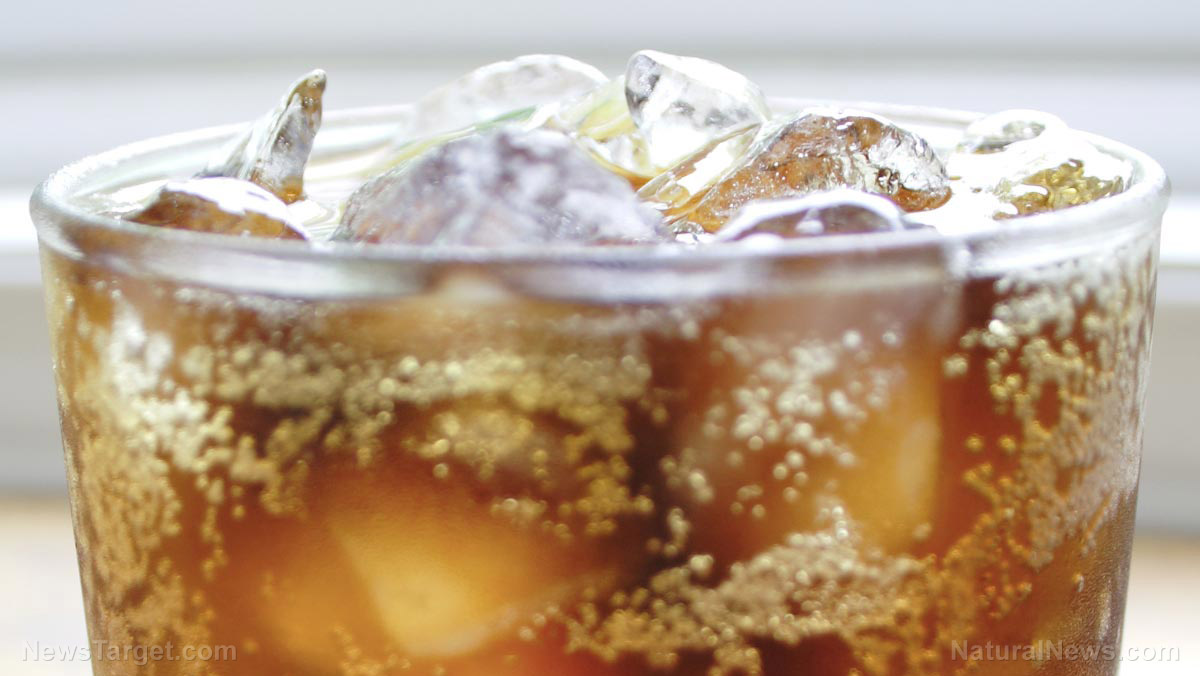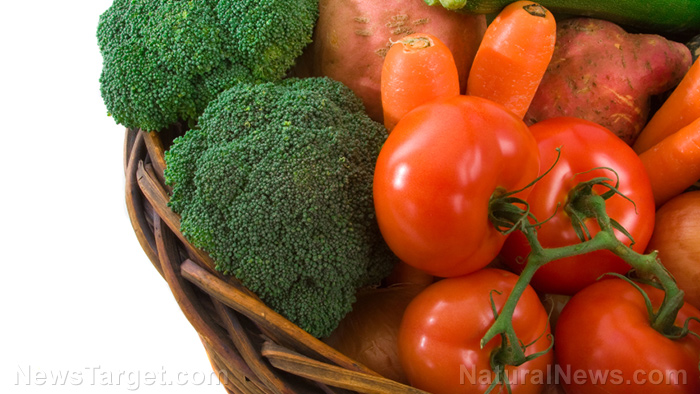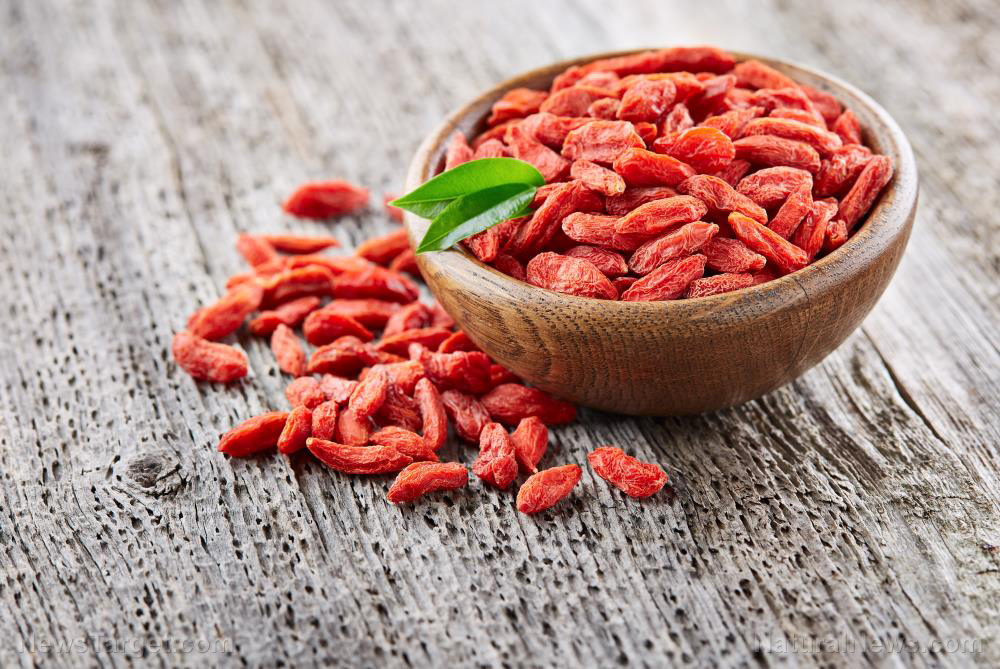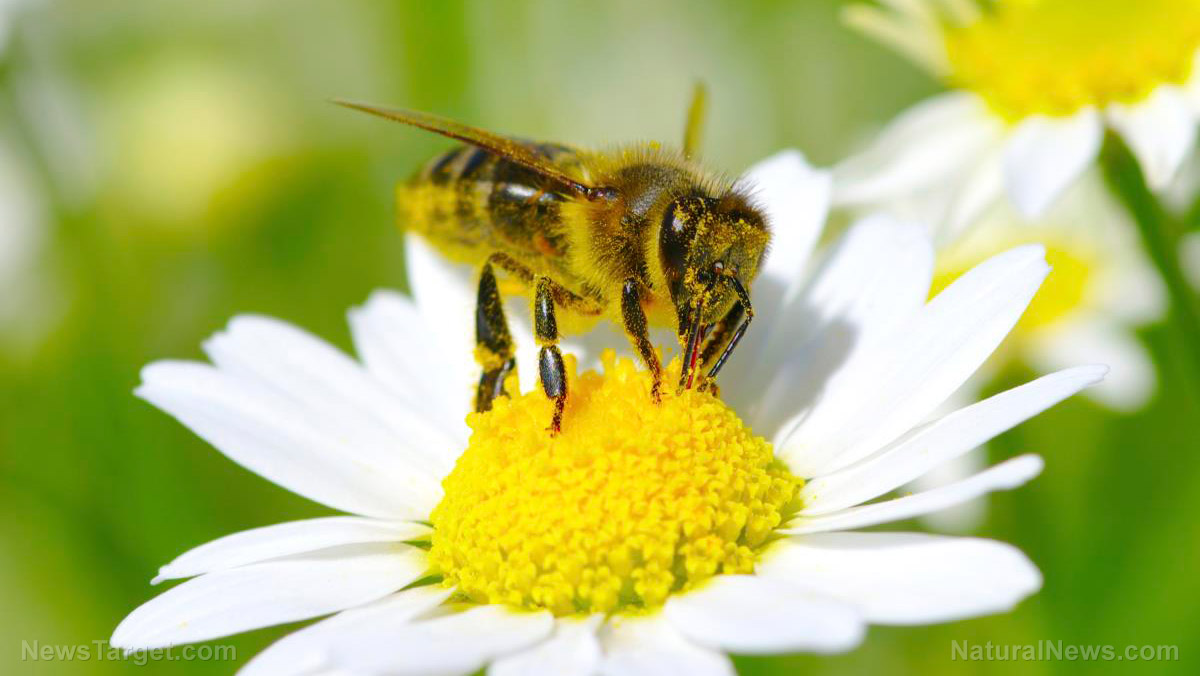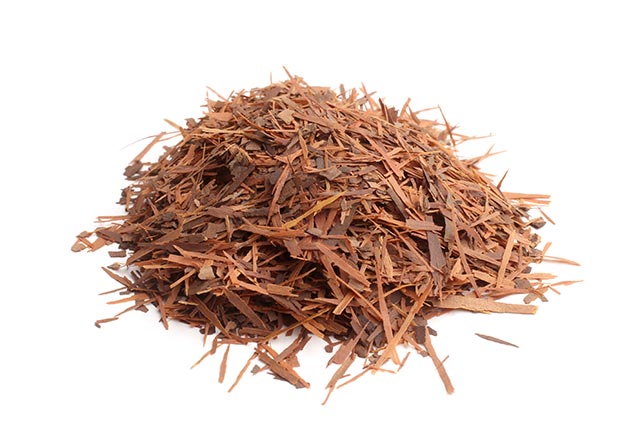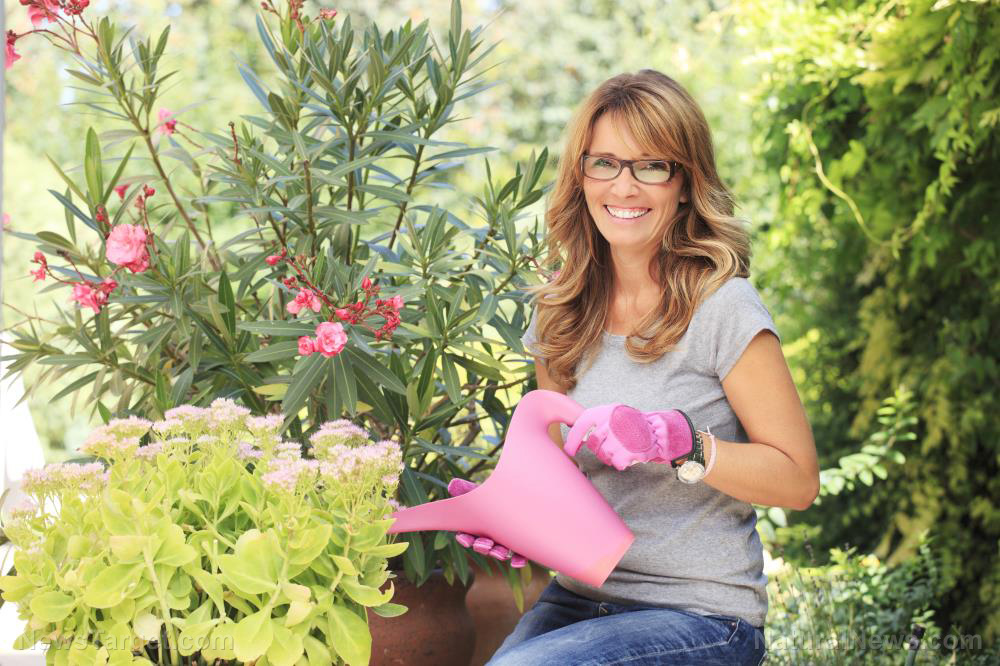The crimson bottlebrush plant is one of the most powerful bacteria killers yet discovered
07/07/2018 / By Michelle Simmons

The crimson bottlebrush (Callistemon citrinus [Curtis] Skeels) contains high concentrations of phenolic compounds that can inhibit bacterial growth, a study published in the journal BMC Complementary and Alternative Medicine confirmed.
In the study, a team of researchers from the University of Fort Hare in South Africa looked into the essential constituents of the volatile oils obtained from the leaves, flowers, and stems of the plant. To extract the oils, the research team subjected a portion of 500 grams (g) of leaves, 250 g of flowers, and 150 g of stems of crimson bottlebrush to a hydro-distillation process for three hours.
After obtaining the oils, they conducted a gas chromatography-mass spectrometry (GC-MS) analysis. In addition, they assessed the plant’s antioxidant activity, free radical scavenging, phenolic content, and the antibacterial potential of the oils.
Based on the analyses, the oil obtained from the leaves contained 26 components representing 96.84 percent of its total components, 42 components in the flowers’ oil amounting to 98.92 percent of the total oil composition, and 10 components in the oil extracted from the stems representing 99.98 percent of the overall oil constituents. The compounds with the highest amounts found in the leaf, flower, and stem oils were eucalyptol and α-terpineol, (−)-bornyl-acetate and eucalyptol, and eucalyptol and α-pinene, respectively.
The research team also evaluated the inhibitory effects of the oils from the plant’s leaves and flowers and discovered that both oils can inhibit the gram-negative bacteria Vibro alginolyticus DSM 2171 and Aeromonas hydrophila ACC and the gram-positive bacterium Staphylococcal enteritis ACC.
The findings of the study indicated that the volatile oil of crimson bottlebrush contains high-quality antioxidant properties, which can potentially be more effective than synthetic antioxidant drugs on the market.
The researchers concluded that the leaves and flowers of crimson bottlebrush contain a substantial amount of the phenolic compounds and can prevent the growth of certain bacterial strains.
Other antibacterial herbs and how to use them
Listed below are other herbal plants that contain antibacterial properties:
- Calendula (Calendula officinalis) – Calendula is used for treating wounds and pinkeye and in fighting infection. This herbal plant can be prepared as an infusion, tincture, lotion, and ointment.
- Cinnamon stick (Cinnamomum zeylanicum) – Also known as Ceylon cinnamon, this spice can warm up the body and aid in digestion. It can be drunk as a tea, added to food, or used as a supplement.
- Dried clove bud (Syzygium aromaticum) – Although more commonly used as a topical analgesic, clove can also be used in cooking or as a tea to fight intestinal bacteria.
- Garlic (Allium sativum) – Garlic is one of the most effective antibacterial herbs. It can be prepared in various ways, such as tinctures, capsule, oil infusion, or simply added to your diet.
- Echinacea (Echinacea Angustifolia) – Echinacea can accelerate the healing process during an infection. It is most effective when taken as a tincture over a long period, but do not use it if you have an autoimmune disease.
- Oregon grape root (Mahonia aquifolium) – This is a potent antibacterial herb, especially when combined with echinacea. It can be taken as a tincture, but not for a long period of time because it can reduce vitamin B absorption. It should also not be taken if pregnant, breastfeeding or if you have a history of diabetes, stroke, hypertension or glaucoma.
- Marshmallow root (Althaea Officinalis L.) – Marshmallow root can soothe, lubricate, soften, and heal. It also contains tannins that fight bacteria in urinary tract infections (UTIs). It can be consumed as a tea.
- Usnea (Usnea barbata) – Usnea is an antibacterial and antifungal herb that is used for UTIs, strep and staph infections, respiratory and sinus infections, and fungal infections.
- Uva ursi (Arctostaphylos uva-ursi) – This is used as a tincture or capsule for treating UTIs. It can be taken as a tincture or capsule.
- Yarrow (Achillea millefolium) – When used as a powder, yarrow can stop bleeding quickly. When infused in water, it accelerates the healing of canker sores. When consumed as a tea, it can treat UTIs.
Read more on alternative treatments by going to AlternativeMedicine.news.
Sources include:
Tagged Under: alternative medicine, antibacterial, antibacterial herbs, antioxidant, bacteria, crimson bottlebrush, herbal medicine, Herbs, naturalhealth, volatile oil

